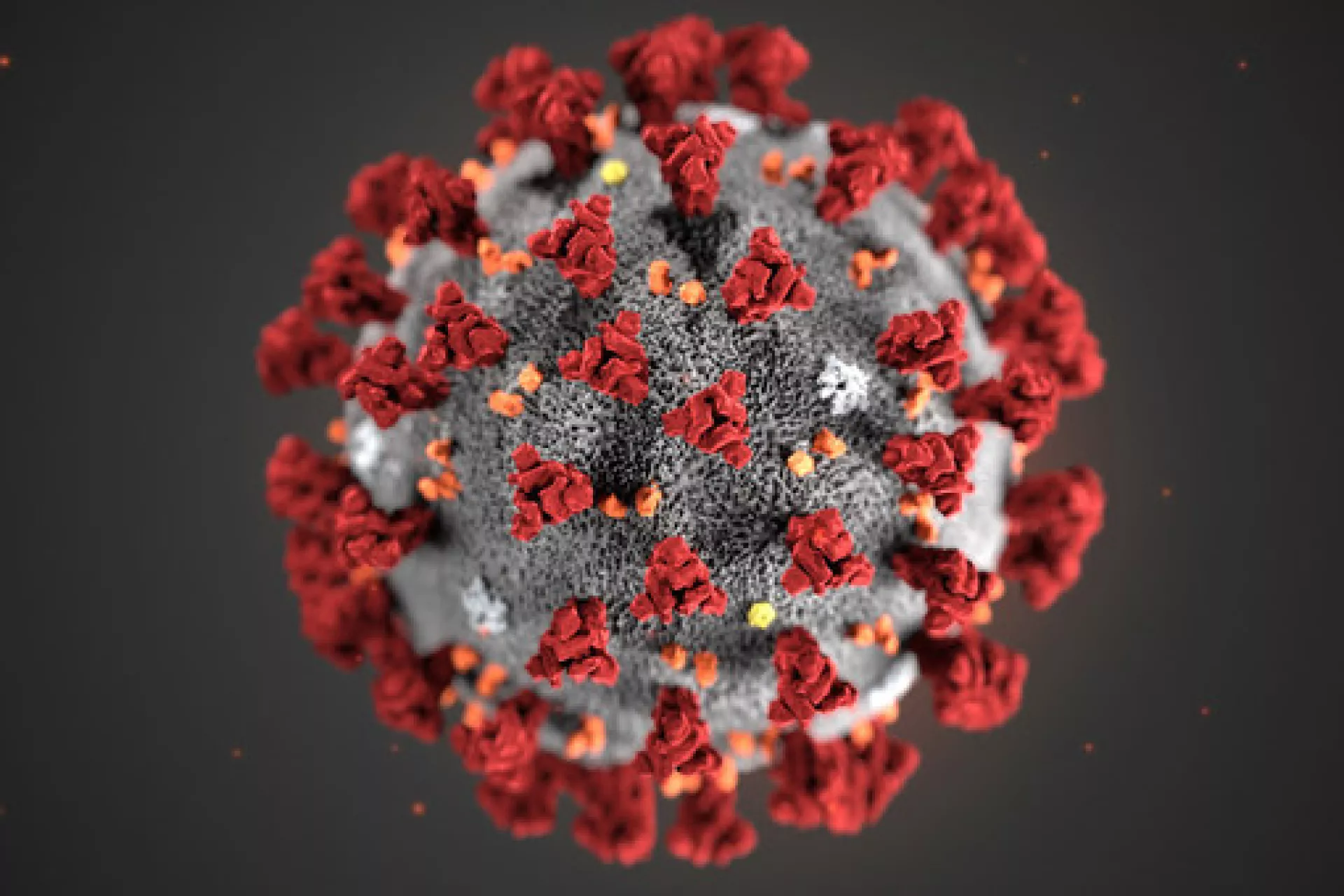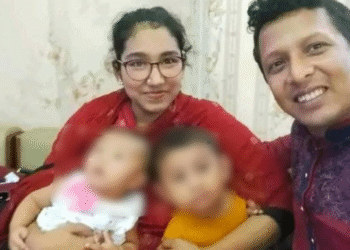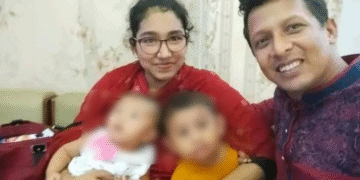As new subvariants of COVID-19 spread globally, Bangladesh’s DGHS announces 11 key health guidelines to prevent infection. Enhanced airport surveillance and testing measures underway.
As global cases of COVID-19 begin to rise once again—driven by newly emerging subvariants—Bangladesh is taking preemptive action to contain the virus before it causes a fresh public health crisis. On June 11, 2025, the Directorate General of Health Services (DGHS) issued 11 key health guidelines aimed at preventing the spread of these subvariants across the country. The announcement was made by Professor Dr. Abu Zafar, Director General of DGHS, during a press conference held at the health directorate’s headquarters.
This renewed set of measures emphasizes public health awareness, personal protection, and institutional readiness, particularly at key entry points like airports, land ports, and seaports.
Why Are COVID-19 Prevention Guidelines Being Reinforced in Bangladesh?
Bangladesh’s decision to strengthen its COVID-19 response comes in light of increasing infections worldwide and the detection of multiple new subvariants. Health experts have warned that international travelers may unknowingly bring the virus into the country. In response, DGHS has activated its International Health Regulations (IHR) desks at all points of entry and directed port authorities to ensure strict adherence to health protocols.
Professor Dr. Abu Zafar stated that RT-PCR and rapid antigen testing facilities are being reinstated to detect COVID-19 infections early, while hospitals are being prepared with necessary equipment, including ICU beds, oxygen supplies, and medications.
11 COVID-19 Prevention Guidelines by DGHS (June 2025)
Below are the officially recommended health safety measures released by Bangladesh’s Directorate General of Health Services:
1. Avoid Crowds and Wear Masks When Necessary
Avoid gatherings and crowded places. If you must go outside, always wear a mask.
2. Use Masks to Prevent Respiratory Infections
Regular mask usage can reduce the risk of respiratory illness, including COVID-19 and flu.
3. Cover Nose and Mouth While Sneezing or Coughing
Use a tissue or your elbow to cover your face. Avoid sneezing openly.
4. Dispose of Used Tissues Properly
Used tissues should be thrown into closed-lid trash bins to prevent contamination.
5. Wash Hands for 20 Seconds with Soap or Use Sanitizer
Frequent handwashing is essential. Use hand sanitizer when soap and water are unavailable.
6. Avoid Touching Face with Unclean Hands
Viruses often spread from surfaces to the eyes, nose, and mouth via the hands.
7. Maintain at Least 3 Feet Distance from Infected Individuals
Physical distancing remains one of the most effective ways to avoid infection.
Special Guidelines for Symptomatic Individuals
If you or someone you know shows symptoms of COVID-19 such as fever, coughing, or breathing difficulties, DGHS has outlined specific steps to follow:
-
Stay Home Until Fully Recovered
Avoid going outside or attending gatherings if you’re sick. -
Ensure Patients Wear Masks Indoors
Patients should keep their nose and mouth covered to reduce transmission risks. -
Caregivers Must Also Wear Masks
Even at home, those caring for the sick must wear appropriate protection. -
Contact Health Hotlines if Needed
Call IEDCR at 01401-196293 or the national health line at 16263 for medical advice.
Read More: OpenAI’s Explosive Growth as Annualized Revenue Surges to $10 Billion in 2025\
Bangladesh’s Institutional COVID-19 Readiness
Apart from individual-level guidelines, the DGHS has also instructed all relevant authorities to ramp up preparedness in healthcare facilities. This includes:
-
Ensuring availability of vaccines and booster doses.
-
Preparing dedicated COVID-19 treatment hospitals.
-
Stocking up on necessary medicines, oxygen, and ICU equipment.
-
Equipping frontline healthcare workers with PPE, KN-95 masks, and face shields.
-
Reinforcing coordination among the Ministry of Health, ports, hospitals, and public health offices.
Airports, seaports, and land ports are under tighter surveillance, with IHR desks monitoring travelers and conducting health checks as needed.
Lessons Learned from Previous Waves
Bangladesh faced multiple waves of COVID-19 since 2020, some of which severely overwhelmed its healthcare system. However, the country’s experience has led to faster, more organized responses in 2025. The new guidelines not only aim to protect public health but also prevent the need for widespread lockdowns or economic shutdowns that could harm the nation’s fragile recovery.
This time, the strategy is early prevention through communication, behavior change, and institutional preparedness.
COVID-19 Subvariants: What Are They and Why Should We Worry?
Subvariants of COVID-19 are slight mutations in the virus that can make it more contagious or, in some cases, more resistant to prior immunity. While current vaccines are still effective against severe outcomes, subvariants may lead to higher transmission rates and breakthrough infections, especially in dense urban environments.
With increased international travel and tourism, these subvariants can easily spread across borders, making surveillance and public cooperation essential.
How Citizens Can Help Prevent the Spread
To make these health directives effective, every citizen has a role to play. Here’s how you can contribute:
-
Wear masks in public even if you’re vaccinated.
-
Stay home if you feel unwell.
-
Encourage family and friends to follow health protocols.
-
Avoid misinformation and rely on trusted sources like DGHS and WHO.
-
Get vaccinated and receive booster shots as advised by health authorities.
Public awareness, not panic, is the key to controlling this next phase of the pandemic.
Bangladesh’s renewed 11-point guideline marks a proactive step in preparing for another possible wave of COVID-19. With global infections rising and new subvariants surfacing, these guidelines serve as both a warning and a roadmap.
By staying informed and acting responsibly, individuals and communities can help ensure that the hard-won progress against the pandemic is not undone.
Share via:
















